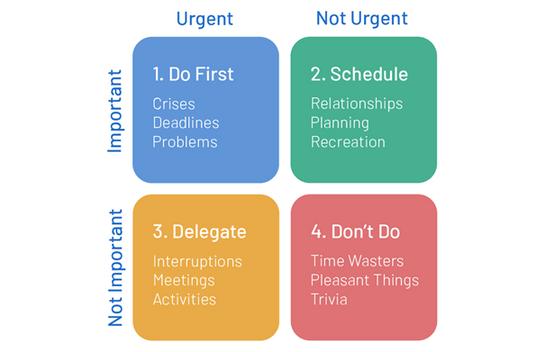2 minute read
Negotiation skills
E-module III. Transversal Skills
ACTIVITIES/TOOLS TO IMPROVE TRANSVERSAL SKILLS:
Conflict Resolution Scenarios
The trainer creates his own scenario of a problematic case, which to be solved, the mobilization of soft skills that he examine is needed.
- Ask the mentees to create their own scenario. They can discuss a problem they face – but in this case, it should be a scenario that represents most of the participants. This is a better option for small groups, or groups that have worked together for some time.
- It can also be a scenario directly related to the specific working space. This adds relevance and usefulness but takes away some of the fun. You can choose this with older age groups.
The trainer creates simulation conditions, as an execution of a theatrical performance that depends on the judgment of the trainer. This technique allows the trainer to enter the process of cultivating through the action their soft skills and at the same time to see in which cases they need them, according to the various scenarios suggested by the trainer.
- The last step is not only to agree on the most suitable solution, but also come up with 1-2 back-up plans. This helps with the flexibility and problem-resolution skills as well, as in reality things do not always go as planned. In the end of the exercise have a discussion with the whole team.
Example: you are assigned a specific task, but you are not sure how to proceed. Your mentor is busy at the moment. What do you do?
The simulation can have role-playing elements if the participants are feeling comfortable. If the scenario is work-related, the mentees will have to execute the various roles of the scenario (i.e., client, employee, HR manager etc.).
E-module III. Transversal Skills
ACTIVITIES/TOOLS TO IMPROVE TRANSVERSAL SKILLS:
Empathy-Building Personal Anecdotes
Trainers share personal anecdotes that create soft skills in the field of training and help mentees empathize with their classmates, teachers, possible professional partners, and the trainers themselves.
Sometimes all it takes is a story to emphasize the importance of understanding, communication, and compassion. The participants see things from a different perspective and learn about the coping mechanisms and motivations of others.
For example, the angry classmate who attacked you may have had a bad day their way of coping with stress was to break out to the nearest employee. Your anecdote shows mentees that there are always two sides to the story. Listening to the client's needs and trying to empathize with their situation can work wonders.
You can also encourage them to submit their own personal anecdotes as well. Everyone has unique knowledge to share based on their life experiences. However, as in the first exercise, you have to make sure that everyone in the group feels comfortable and that most of the participants are represented.
What did they feel in the specific situation? How did they express it? Did their emotions become understood?
In the end of the exercise have a discussion with the whole team.




